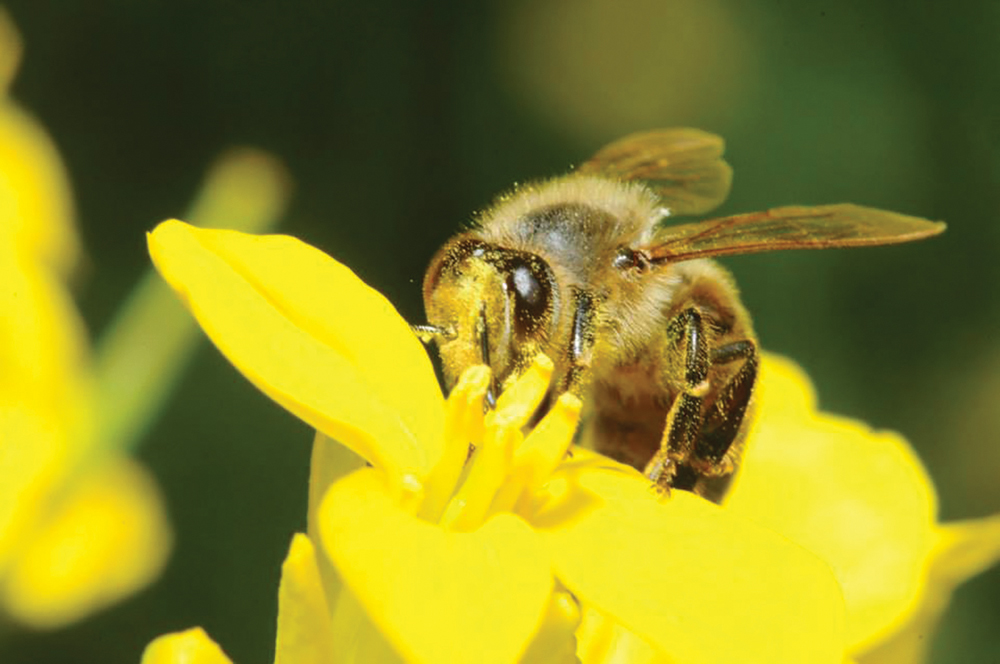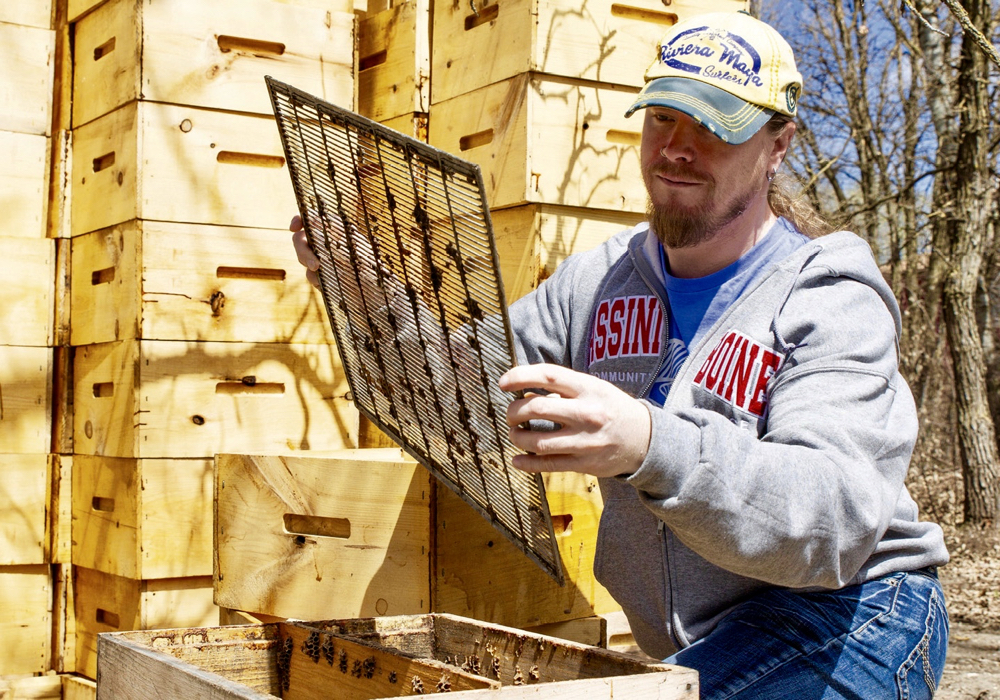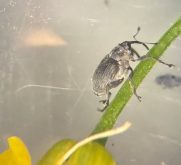The Manitoba Beekeepers’ Association (MBA) hopes a jolt of funding will help bolster research and extension efforts.
The Manitoba Crop Alliance (MCA), which blends commodity groups for wheat and barley, flax, sunflowers, corn and winter cereals, announced in January that it would be providing $10,000 for the MBA’s Knowledge Research Transfer Program in the coming year.
That funding joins $30,000, to be paid out over three years, from the Manitoba Canola Growers.
Why it matters: The honey sector’s producer-led Knowledge Research Transfer Program hopes to fill the industry’s current gap with technical resources and farm support.
Read Also

Use-it-up meals stretch the post-holiday menu
Leftovers and extra food abound in the first weeks of January. Give your kitchen a winter reset, clean out the fridge and save on your grocery bill
MBA chair Ian Steppler likened the program to extension and research resources offered by larger commodity groups as a matter of course.
“The beekeeping industry has very little research and development and support services, unlike other agricultural industries,” he said.
Similar tech transfer programs have cropped up in the honey sector nationwide over the last 10 years, Steppler said. Manitoba’s program has just completed its first full year, making it the second-last province to launch a tech transfer program, ahead of B.C.
Getting the ball rolling
The MBA leaned on public funding to help set up the program, Steppler noted. At the same time, the association reached out to both the canola growers and sunflower growers’ associations (via the MCA). Those two crops represent critical nectar sources for the honey sector.
“Manitoba Canola Growers knows well the critical role that bees play in canola production,” said Delaney Ross Burtnack, Manitoba Canola Growers executive director. “Like sunflowers and many other crops, those beautiful yellow canola flowers are an important food source for bees, and maintaining a healthy population of both natural pollinators and the beekeeping industry is a priority for canola producers to encourage effective pollination and seed set and maximize the yield potential.”
The canola commodity group is also involved in the program’s steering committee, she noted.
The Manitoba Canola Growers has touted the program’s potential to develop “… shared best management practices,” and cross-communication training on both sides, she added.
Gregg Fotheringham, MCA director and member of the Sunflower Crop Committee, also pointed to the role of bees in blooming crops.
“We need to work further with the beekeepers’ association to each other’s benefit,” he said. “We full well know that the bees are highly beneficial to our crops, but we need to be more aware as producers of where the bees are, what time and those sorts of things, and be in contact more with our beekeepers, so we’re hopefully not damaging their workhorses.”
The Knowledge Research Transfer Program will represent an open line of communication between the beekeeping industry and annual crop groups, according to the BCA.
That communication, Steppler stressed, must go both ways to be collectively effective.
“What’s going on in the fields directly reflects what goes on within our hives,” he said.
At the same time, he added, many beekeepers don’t have a full grasp of what happens in the field — stymying efforts to find a collective way forward on management.
Current work
Funding from the two commodity groups is not attached to any specific purpose, Steppler said, but is rather a general support for the program.
The program’s current focus is largely on extension services, including a bee health monitoring program, Steppler said. Under that program, subscribed beekeepers have their hives sampled for disease and receive treatment recommendations.
The program is also looking at applied research, hoping to transfer some academic findings on to the farm.
Two research yards are also looking into alternatives to Apivar — typically a major tool for varroa mite control.
Recent widespread issues with the pest have led to concerns over mite resistance to the product.
“We’ve been using this program to reach out to producers who have been using this product and not seeing control,” Steppler said.
Those hives are then tested, “to see if it actually is a tolerance problem or not,” he added. “And if it’s not, then we’re focusing on other management practices that might be affecting (control).”
Budget
The new money will be a much-needed influx of operational funding, Steppler said, once again noting the MBA’s small size. The association draws from around 200 members.
“It’s pretty expensive to run a program and it’s pretty hard for a small industry to fund a program,” he said. “Every dollar counts for us.”
The program is now in the second year of its three-year funding agreement with the province.
















